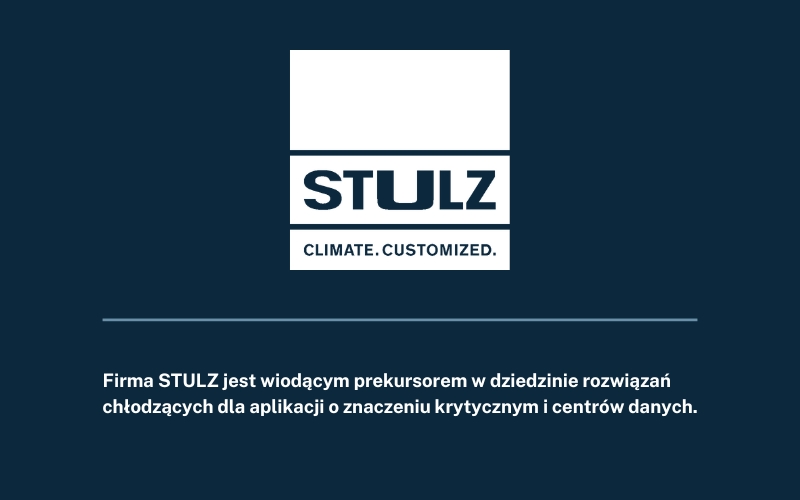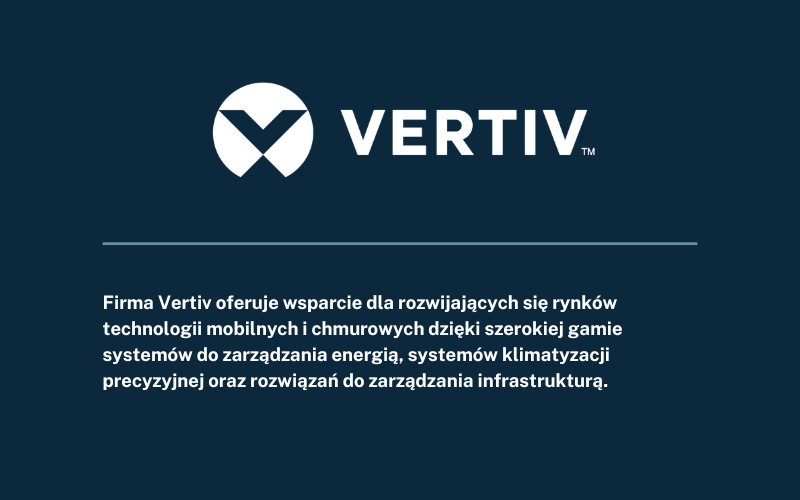On 15 May 2024, the requirements of the European Energy Efficiency Directive (EED) became mandatory for all 27 members of the European Union. For the data center industry, this means specific annual reporting obligations, with the first deadline already falling on 15 September 2024. The obligation will apply to all owners and operators of data centers with the capacity of installed IT infrastructure above 500kW, i.e. colocation server room operators, telecommunications operators, banks, university supercomputing centers and other large enterprises with their own on-prem model data processing centers, excluding defense facilities. Dodatkowo, krajowe organy ustawodawcze mają możliwość dalszego obniżenia tej granicy wymaganego raportowania, jak to się stało np. w przypadku przepisów niemieckich (>300kW).
One of the goals of the PLDCA is to coordinate and support local organizations in ensuring compliance with the requirements of the Directive through active communication and cooperation with the European Data Center Association (EUDCA) and other national industry associations. The following study aims to provide an overview of EED requirements for data centers and the broader context within which these activities are undertaken.
The Directive predicts that raising the EU’s 2030 energy efficiency target is expected to lower energy prices and have a decisive impact on reducing greenhouse gases, accompanied by the development and spread of electrification, the use of hydrogen, e-fuels and other technologies necessary for the green transition. Greater energy efficiency is also particularly important for the EU’s energy supply security, by reducing dependence on fossil fuel imports from third countries, a particularly important aspect in the context of current geopolitical developments in our region.
The three sectors with the highest estimated potential for energy savings outside of industry are transportation, buildings (especially public buildings) and the information and communications technology (ICT) sector.
Article 12 of the Directive refers directly to data centers – according to Annex A, sec. 2.6.3.16 of Regulation (EC) No. 1099/2008,[i]defined as a structure or group of structures used to house, connect and operate computer systems/servers and related equipment used to store, process or distribute data and similar activities.
By 15/05/2024 (deadline now postponed to 15/09/2024), and annually thereafter, Member States must require the owners and operators of each DC located on their territory with an installed electricity demand of 500kW or more to make public the information specified in Annex VII, except for information subject to EU and national laws protecting trade and business secrets and confidentiality.
The European Commission will create an EU database on data centers, publicly available at the aggregate level, and will evaluate available data on the energy efficiency of data centers and report to the European Parliament and Council with potential legislative proposals containing further measures to improve energy efficiency.
One feasible measure is to establish minimum performance standards and assess the feasibility of transitioning to a net-zero-emission DC sector, in close consultation with relevant stakeholders – highlighting the important role of cooperation at the local level under the aegis of industry associations. Such proposals may specify a timeframe within which existing data centers are to be required to achieve minimum efficiency.
In addition, Member States are to encourage owners and operators of any DC located on their territory with an installed IT infrastructure electricity demand of at least 1MW to take into account the best practices referred to in the latest version of the European Code of Conduct on Data Center Energy Efficiency [ii][ii]
Annex VII to the Directive sets out the minimum requirements for monitoring and publishing the energy performance of data centers:
- the name of the data center, the name of the owner and operators of the data center, the date on which the data center started its operations and the municipality where the data center is based;
- the floor area of the data center, the installed power, the annual incoming and outgoing data traffic, and the amount of data stored and processed within the data center;
- the performance, during the last full calendar year, of the data center in accordance with key performance indicators about, inter alia, energy consumption, power utilization, temperature set points, waste heat utilization, water usage and use of renewable energy, using as a basis, where applicable, the CEN/CENELEC EN 50600-4 ‘Information technology – Data center facilities and infrastructures’, until the entry into force of the delegated act adopted pursuant to Article 33 (3) ( delegated acts – under a common EU system, a definition of DC sustainability indicators will be established and key performance indicators and their measurement method are set).
The detailed requirements are outlined in a delegated act dated 14/03/2024. [iii]
Size categories of data centers were be based on the data center’s information technology installed power according to the following breakdown included in Annex IV[iv] of the delegated act
- a) very small data center: 100 – 500 kW;
- b) small data center: 500 –1000 kW;
- c) medium size data center: 1 – 2 MW;
- d) large data center: 2 –10 MW;
- e) very large data center: >10 MW.
According to Article 32 EED, Member States shall lay down the rules on penalties applicable to infringements of national provisions adopted pursuant to this Directive and shall take all measures necessary to ensure that they are implemented. The penalties provided for shall be effective, proportionate and dissuasive. Member States shall by 11 October 2025 notify the Commission of those rules and of those measures and shall notify it without delay of any subsequent amendment affecting them.
Another article of the Directive that may indirectly affect DC is Article 11 – Energy management systems and energy audits. It requires enterprises with an average annual consumption higher than 85 TJ (~23,6GWh) of energy over the previous three years to implement an energy management system certified by an independent body, in accordance with the relevant European or international standards. This requirement takes effect by 11/10/2027.
Additionally, enterprises with an average annual consumption higher than 10 TJ of energy (taking all energy carriers together) over the previous three years, taking all energy carriers together, which do not implement an energy management system are subject to an energy audit – carried out in an independent and cost-effective manner by qualified or accredited expert and implemented and supervised by independent authorities under national legislation.
An audit of enterprises with energy consumption above 85TJ must be carried out by 11/10/2026. The enterprises concerned must draw up a concrete and feasible Action Plan on the basis of the audit which will be submitted to the management of the enterprise.
Although this article does not directly refer to data centers, the limits for individual energy consumption criteria (10TJ / 85TJ) will be reached by facilities with an installed IT infrastructure electricity demand of about 230kW / 1900kW.
Enterprises subject to the requirement to implement energy management systems or energy audits will be encouraged to report annual energy consumption in kWh, annual water consumption in cubic meters, and energy and water consumption compared to previous years.
The EED requirements also impose a number of decarbonization requirements on other industries, including the power and heating industries. This raises a number of opportunities for cooperation and synergy between these industries and the data center industry, and will be one of the important areas of further activity for the PLDCA.
Useful links:
- – EED_PL directive document:
https://eur-lex.europa.eu/legal-content/PL/TXT/PDF/?uri=CELEX:32023L1791
- EED_EN directive document:
https://eur-lex.europa.eu/legal-content/EN/TXT/PDF/?uri=CELEX:32023L1791
- – delegated act dated 14/03/2024:
- annexes to the delegated act dated 14/03/2024:
- EUDCA Knowledge Hub:
https://www.eudca.org/eed-knowledge-hub
[i] https://eur-lex.europa.eu/legal-content/PL/TXT/PDF/?uri=CELEX:02008R1099-20240207
[ii] https://e3p.jrc.ec.europa.eu/publications/2024-best-practice-guidelines-eu-code-conduct-data-centre-energy-efficiency
[iii] https://eur-lex.europa.eu/resource.html?uri=cellar:655e9a55-e225-11ee-8b2b-01aa75ed71a1.0007.02/DOC_1&format=PDF
[iv] https://eur-lex.europa.eu/resource.html?uri=cellar:655e9a55-e225-11ee-8b2b-01aa75ed71a1.0007.02/DOC_2&format=PDF





